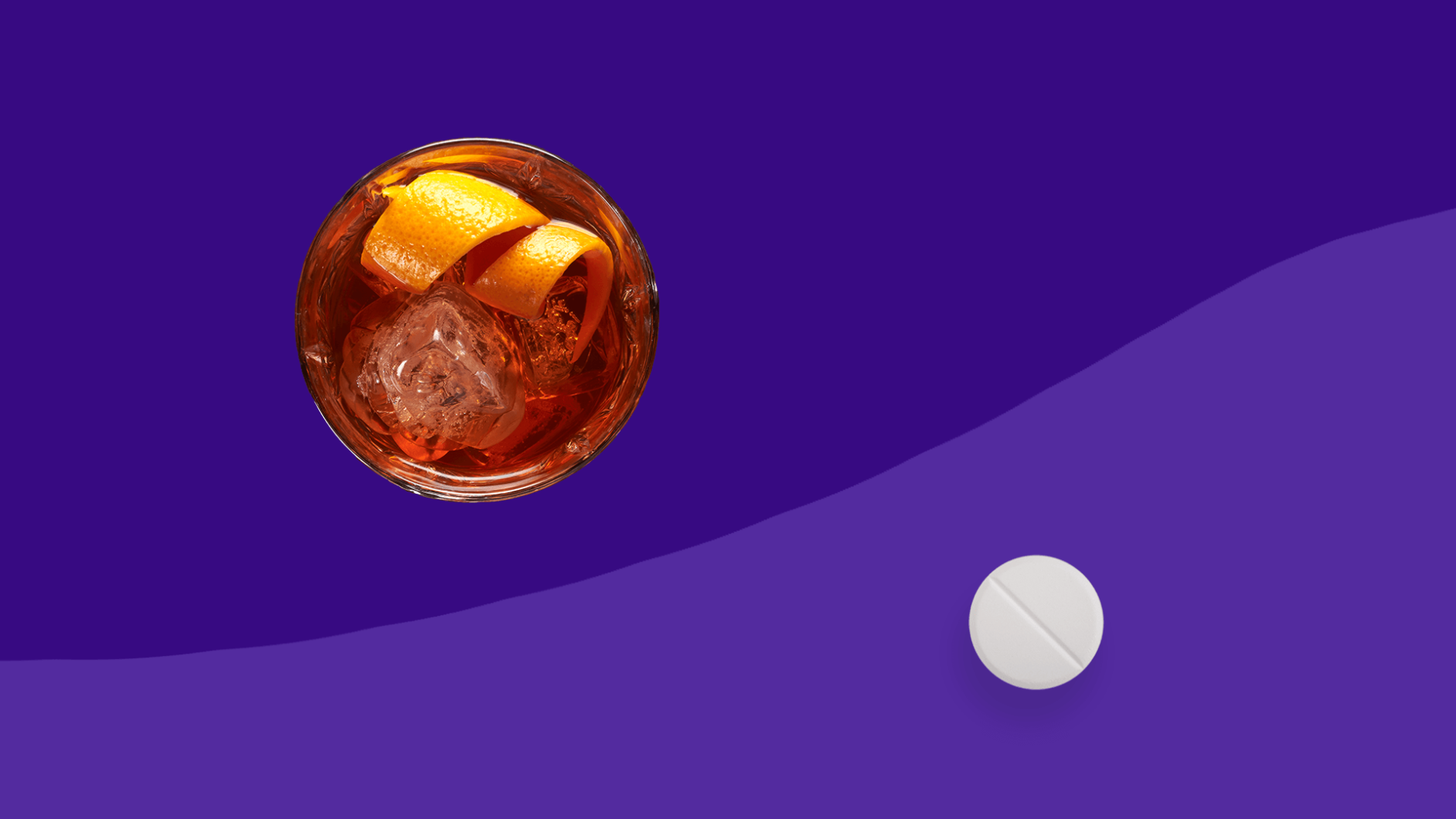Key takeaways
Mixing metformin and excessive alcohol use is advised against due to the risk of hypoglycemia and the potential masking of its symptoms by alcohol.
Metformin carries a black box warning from the FDA for the risk of lactic acidosis, especially when combined with excessive alcohol intake.
People with diabetes can consume alcohol in moderation, adhering to specific guidelines to manage blood sugar levels and prevent hypoglycemia.
Individuals with diabetes should opt for light beer, red or white wine, or spirits mixed with low-calorie options, and avoid high-alcohol or sugary drinks.
If you are among the 38.4 million people with diabetes in the United States, you may take a popularly prescribed drug called metformin. Metformin is an FDA-approved diabetes medication that is used, along with diet and exercise, to improve blood sugar control in adults and children with Type 2 diabetes.
As life is slowly returning to normal in the wake of the COVID-19 pandemic, and social events that involve drinking alcohol are somewhat back in swing, you may be wondering: Do metformin and alcohol mix? Is it safe to take metformin with alcohol? Read on to find out.
Can you drink alcohol with metformin?
Whether you enjoy an occasional drink with friends or have a daily nightcap, you may be wondering if you can mix metformin and alcohol. Is there a metformin and alcohol interaction?
The metformin drug label states that you should avoid the combination of metformin with excessive alcohol use due to the risk of lactic acidosis. This includes both immediate-release and extended-release metformin.
Certain patients are more susceptible to the hypoglycemic (low blood sugar) side effects of metformin. Hypoglycemia can occur if your blood sugar levels fall below 70 mg/dL. Hypoglycemia can come on quickly and include various symptoms, such as shakiness, irritability, confusion, weakness, dizziness, hunger, blurred vision, headaches, or even seizures.
If you drink too much alcohol in a short time, you are more likely to experience low blood sugar (hypoglycemia). Also, alcohol can mask the symptoms of low blood sugar, so if you are drinking, you may not even realize your blood sugar is low. Older, debilitated, or malnourished people and people with adrenal or pituitary problems are also more likely to become hypoglycemic. If you have one of these risk factors AND you drink excess alcohol, you have an even higher risk of hypoglycemia.
RELATED: FDA recalls certain forms of metformin
What are the signs of lactic acidosis with metformin?
Metformin comes with a black box warning, the most severe warning required by the FDA, due to the risk of lactic acidosis.
Excessive alcohol intake is one risk factor for metformin-associated lactic acidosis.
Metformin has been reported to cause lactic acidosis. Lactic acidosis is a buildup of lactic acid in the blood, which is a life-threatening medical emergency that requires treatment in the hospital.
Symptoms of lactic acidosis are often nonspecific and can include tiredness, muscle pain, difficulty breathing, and abdominal pain.
Metformin-associated lactic acidosis can cause hypothermia, low blood pressure, heart rate changes, and even death.
Can I drink alcohol if I have diabetes?
Most people with diabetes can drink some alcohol: 1 drink per day for women, or 2 drinks per day for men. But, be mindful of serving size. One drink equals one of the following:
- 1 and ½ ounces of liquor
- 12 ounces of beer
- 5 ounces of wine
Alcohol can lower your blood sugar for up to 24 hours. Some tips to stay safe:
- Drink plenty of water to stay hydrated, and remember to eat (don’t drink on an empty stomach).
- Wear a medical ID that says you have diabetes, especially because hypoglycemia can be confused with alcohol intoxication (with either one you may feel sleepy, confused, and dizzy).
- Educate your friends and family about the symptoms of low blood sugar, so they can keep an eye on you.
- Again, be mindful of serving sizes—most glasses hold much more than recommended serving sizes.
- Test your blood glucose levels more often on the day you drink and the next day, to see the effect of alcohol. Also, test before bedtime, and if your sugar is low, have a snack.
Not everyone with diabetes can safely drink alcohol. You should avoid alcohol if you have diabetes and:
- Have substance use problems
- Are pregnant
- Are under 21 years old
- Were told by a doctor to avoid alcohol
- Have diabetes that is not well controlled
- Have complications like nerve damage
- Have high blood pressure or high cholesterol
- Take medications that are not compatible with alcohol (ask your pharmacist if you are unsure)
As always, consult your healthcare provider for medical advice regarding alcohol consumption and your medical conditions.
What’s the best alcohol to drink for a person with diabetes?
Healthcare providers advise against excessive alcohol intake while taking metformin. Consult your healthcare provider or diabetes educator for advice about alcohol consumption if you have diabetes.
Some better choices:
- Light or low-carb beers
- Red or white wine
- Liquor mixed with diet soda, light cranberry juice, water, or seltzer
- Cocktails with natural sweeteners and fresh fruit
Avoid:
- Craft beers (they contain more alcohol and calories than regular beer)
- Flavored wines, dessert wines, or wine coolers
- Sangria
- Liquor mixed with regular soda or juice
- Bloody Mary
- Sweet cocktails like piña coladas and margaritas
READ NEXT: Can I drink alcohol if I use insulin?
- Statistics about diabetes, American Diabetes Association
- Label – metformin, DailyMed (2017)
- Hypoglycemia, National Library of Medicine
- Alcohol and diabetes, American Diabetes Association
- Alcohol, American Diabetes Association




